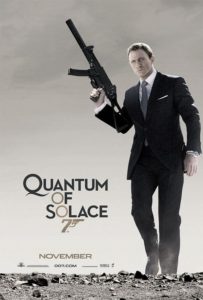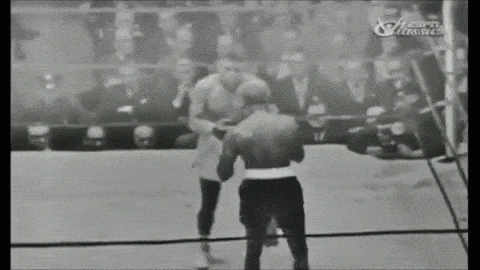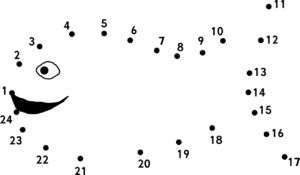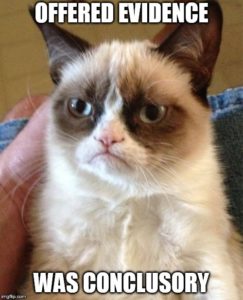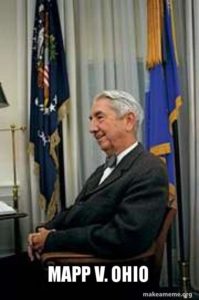A freak accident involving a compound bow killed Dr. Alan Sandifer, which led to litigation, which led to the plaintiff’s expert testifying as follows:
Dr. Kelkar conceded that from a biomechanical perspective, it was just as likely that Dr. Sandifer was killed by volitionally placing his head inside the bow as it was by an accidental twisting of the bowstring. But he added that he believed the second scenario was more likely because of statements from Dr. Sandifer’s friends and family describing him as a careful bow hunter and the difficulty of volitionally placing one’s head into a drawn bowstring. When pressed, Dr. Kelkar conceded that, without the statements about Dr. Sandifer’s careful nature as a hunter, he could not say his theory was more likely than the expert opinion offered by Hoyt.
This reliance on “propensity” evidence led to affirmance of the expert’s exclusion under Daubert: “Apart from exceeding the scope of his qualification as a biomechanical expert, the propensity evidence Dr. Kelkar based his opinion upon is not a reliable basis to draw a conclusion regarding Dr. Sandifer’s use of the bow at the time of the accident. The propensity evidence was offered by witnesses who testified that Dr. Sandifer was safety-conscious in using and handling the bow as a hunter and when hunting. Dr. Sandifer was not hunting when the accident occurred; he was in his home office and he was engaged in modifying his bow.” Sandifer v. Hoyt Archery Inc., No. 17-30124 (Oct. 24, 2018).

